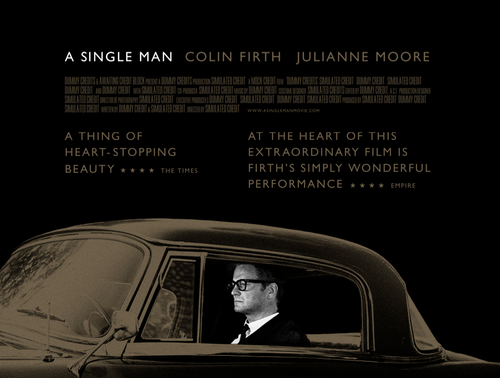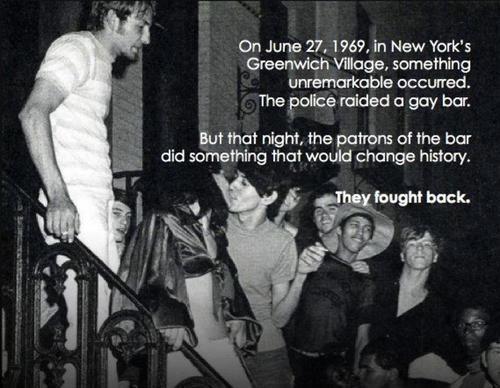#inspirationalmovies
Continuing with my special mini-cycle dedicated to Catholicism and women, today's movie is basically a (polished up) sequel of The Magdalene Sisters.
Philomena (2013, Stephen Frears) is based on a true story that nevertheless feels somewhat unbelievable. Well, there's reality for you. If after The Magdalene Sisters you asked yourself about the possible futures of the girls who got away from the religious institutions controlling them, here you have the story of Philomena Lee.
There's difference and nuance, though. In the eyes of the religious establishment Philomena had comitted a sin. She had sex before marriage (oh!) with someone she (apparently) barely knew (gasp!) and she liked it! Mind you, this is a very important difference between the discourse that The Magdelene Sisters present and Philomena's story. As Rose in last week's movie (in contrast of other women in that film), Philomena did actually transgress the social norms and was very unlucky to become pregnant as a consequence. And her child was taken away from her.
There's difference and nuance, though. In the eyes of the religious establishment Philomena had comitted a sin. She had sex before marriage (oh!) with someone she (apparently) barely knew (gasp!) and she liked it! Mind you, this is a very important difference between the discourse that The Magdelene Sisters present and Philomena's story. As Rose in last week's movie (in contrast of other women in that film), Philomena did actually transgress the social norms and was very unlucky to become pregnant as a consequence. And her child was taken away from her.
This is the double sword of the story. On one hand, there's actual pleasure involved. She enjoyed being with that boy. On the other hand, this very fact makes her even more vulnerable to all the injustice done to her afterwards. If your religion (and people in position to punish you) maintain that you have to repent and suffer for your sins, and you know very well that you have transgressed, the likelihood of rebellion seems to be lower.
Yet this is only a part of the story. The second drama revels when Philomena - already older and after a marriage and other children - gets help of a journalist in trying to find her son. Apart from a pretty unbelievable turn of events... Ah, go, see it! ... you get the amazing dame Judi Dench playing someone torn apart by her trauma of loss of a child and faith that's represented by the same people who treated her so badly.
An additional feature that makes the movie a treat is the clash of worlds that her interactions with the world class journalist embarked upon a human interest story lead to. These ar class difference and not gender driven, and challenge the airbrushed image of drama-worthy and interesting people. Good for you, Philomena!









